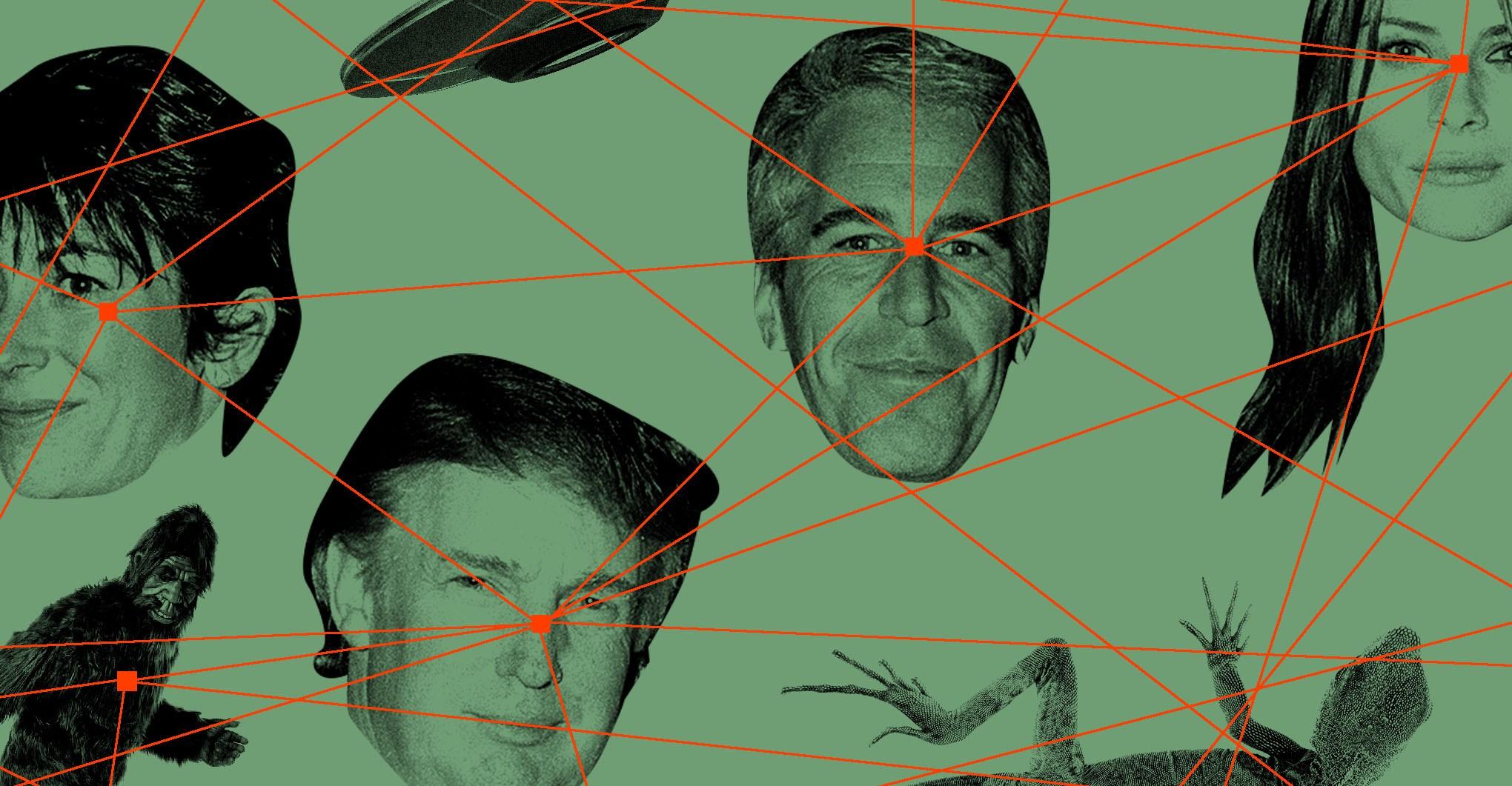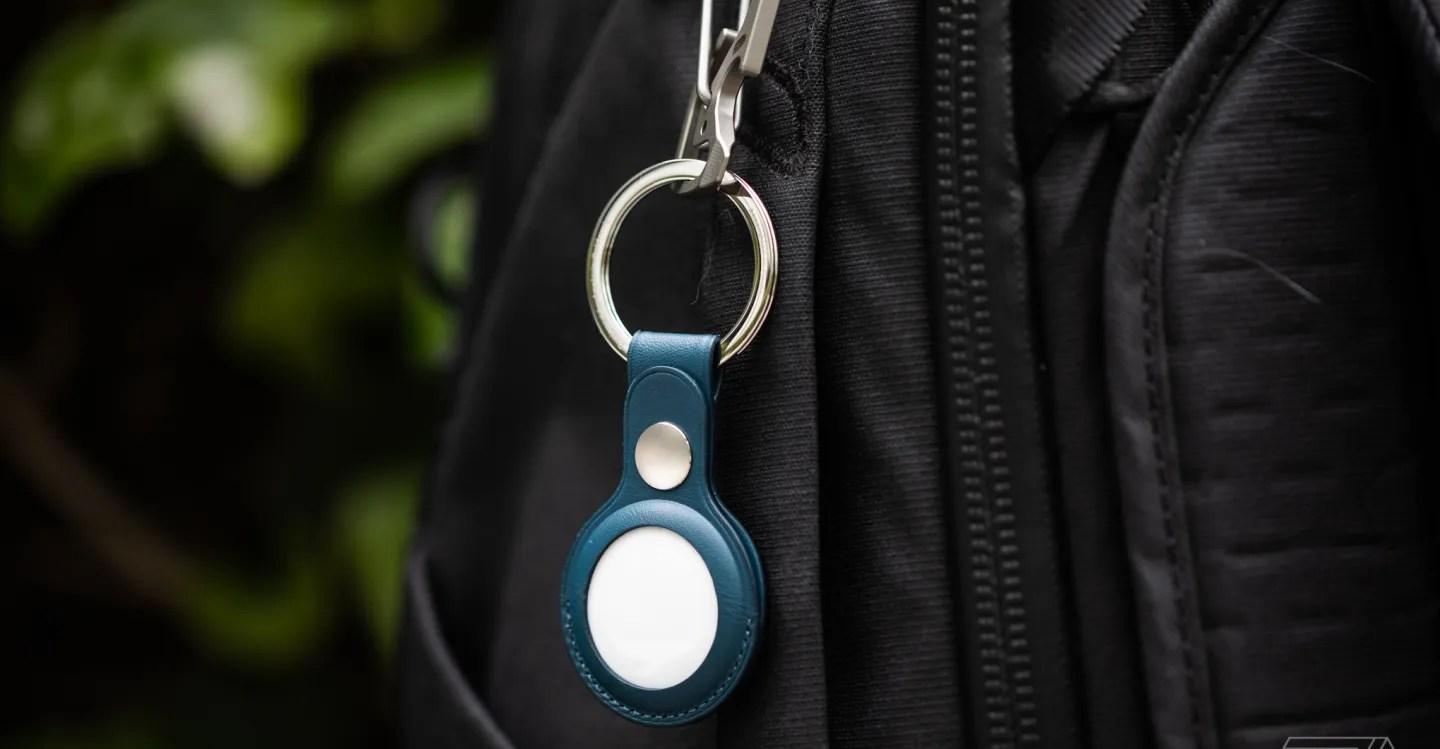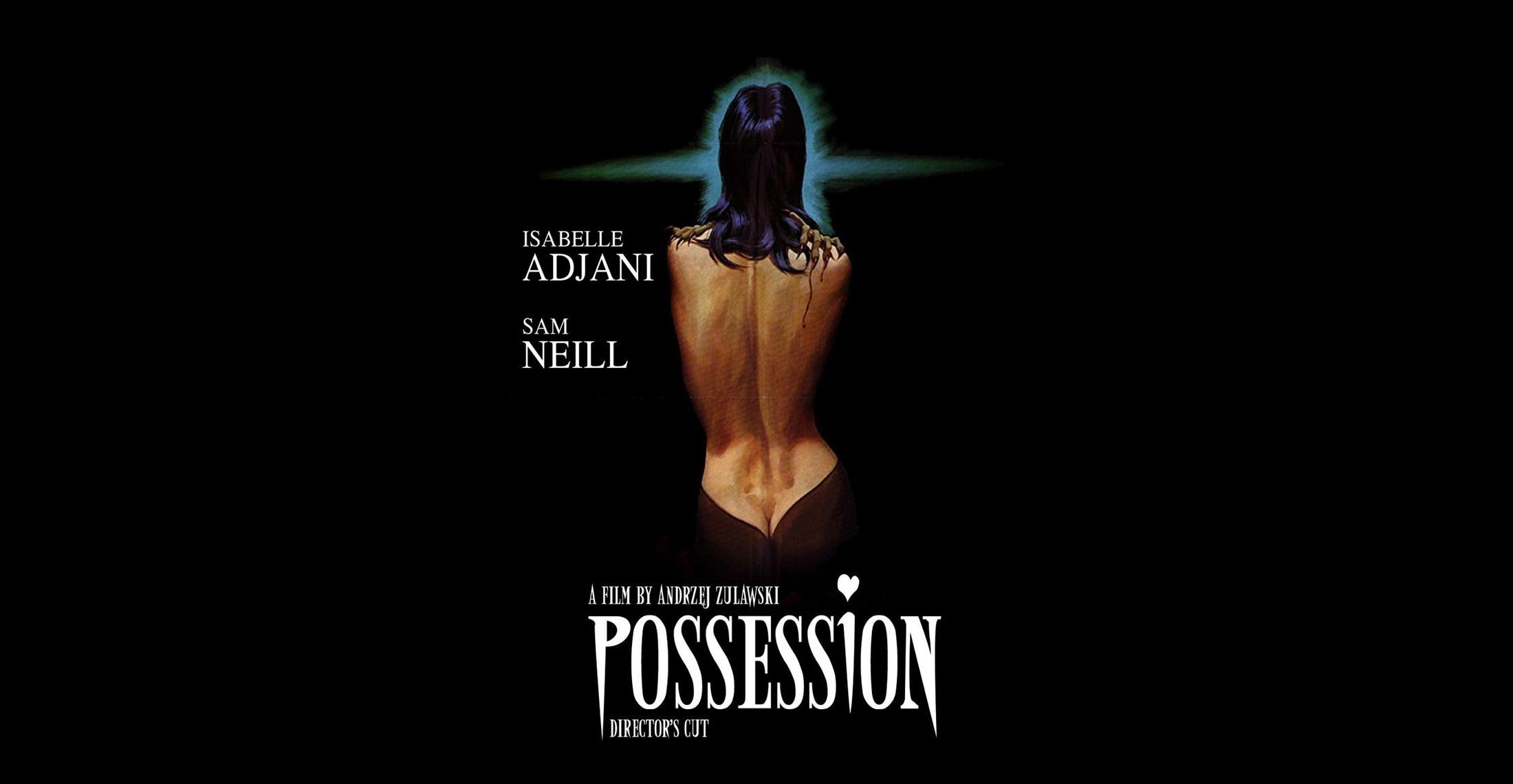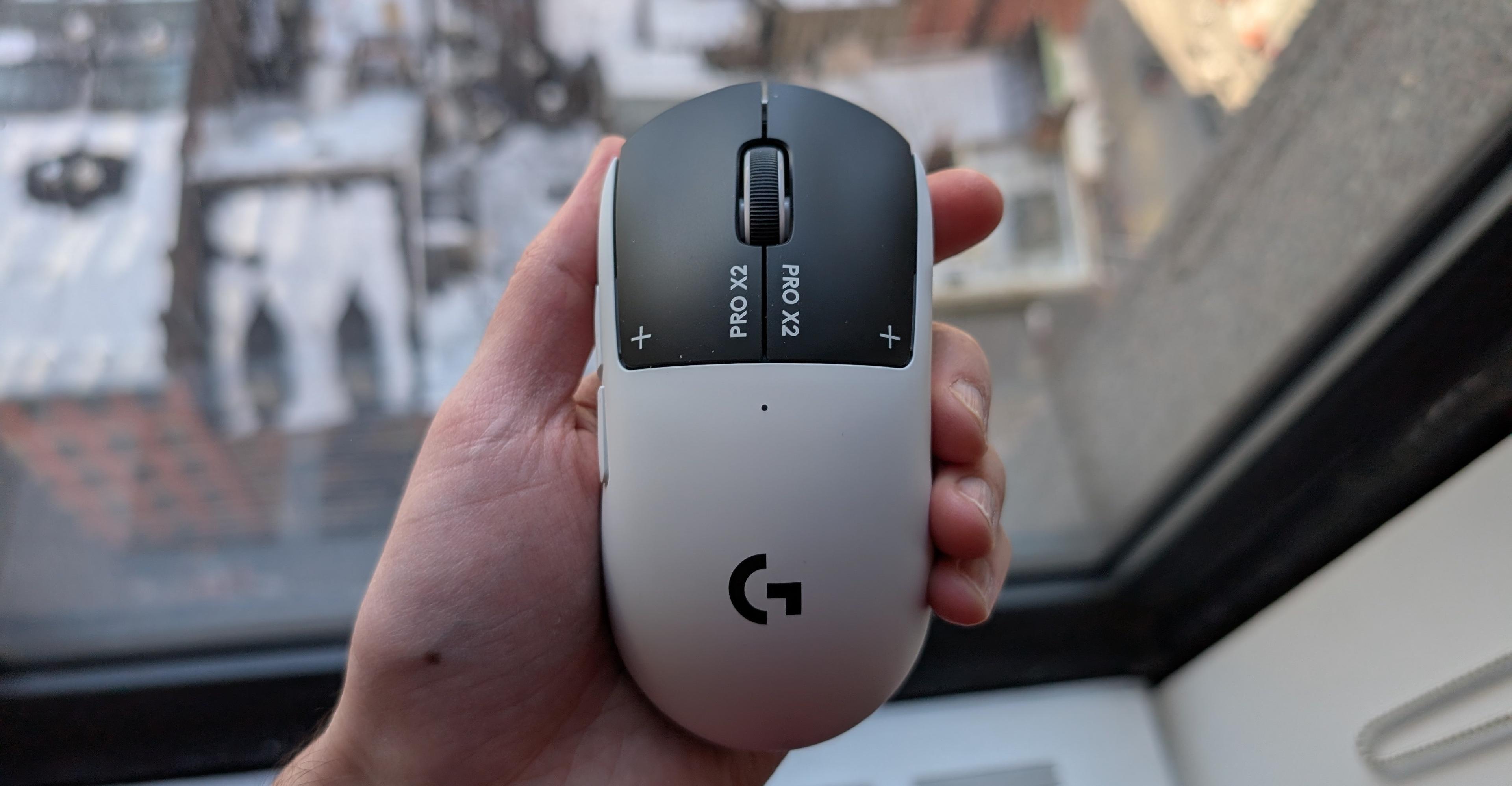Americans may be paying less attention to political news ahead of the 2024 election, but when they do tune in, they’ll be greeted by a sartorial landscape that’s different from the one they remember four years ago. Legions of Republicans are copying Trump’s s…

Published 2 years ago on Jun 19th 2024, 12:00 pm
By Web Desk

Americans may be paying less attention to political news ahead of the 2024 election, but when they do tune in, they’ll be greeted by a sartorial landscape that’s different from the one they remember four years ago. Legions of Republicans are copying Trump’s shiny red ties in a bid to win his (and his base’s) favor. Suits, at least on younger politicians, have gotten significantly tighter. And we’re officially in the unfortunate era of the “dress sneaker.” DC fashion has always been notoriously bleak, steeped in the regressive gender and respectability politics that govern the nation’s oldest bureaucracies. Here to explain what’s going on in this particular election cycle is Derek Guy, the San Francisco-based founder of the blog Die, Workwear!, who’s perhaps better known as X’s “menswear guy,” having exploded on the platform in 2022 for his informative threads and quippy comebacks. In our conversation, Guy analyzes how the casualization of clothing generally has resulted in a laissez-faire attitude among politicians, why Cary Grant looks more put together than today’s young “alpha males,” and whether we’ll ever elect a hypebeast president (spoiler: probably not in our lifetimes). Over the past 50 or so years, menswear has become much more casual. Can you explain how that happened? Many people think of the casualization of menswear as a postwar phenomenon, but the casualization of menswear goes back a very long time. The suit itself was a more casual alternative to the frock coat. Then by the 1920s and 30s, more men became interested in sportswear and sportcoats became a thing. By the postwar period, tailoring started to decline, and by the 1960s and ’70s, the civil rights movements, antiwar protests, and countercultural youth movements all essentially made the suit a symbol of the establishment. Things like leather jackets and jeans symbolized rugged working-class authenticity. [Media: https://twitter.com/dieworkwear/status/1756212567343800816] Suits had a brief revival in the ’80s but eventually died by the 1990s with casual Fridays. When Mark Zuckerberg founded Facebook and new kinds of tech billionaires were minted in the early 2000s, hoodies and jeans became a new status symbol. It symbolized meritocracy, this whiz-kid tech billionaire meritocracy in the new economy, which stood opposed to the traditional coat-and-tie industries back East. It's not just the casualization of dress, it’s that wearing a hoodie and jeans symbolizes a new kind of nobility. We see elements of that super-casual vibe filtering into politics. You’ve written about how many politicians are pairing sneakers with suits or wearing “dress sneakers.” Why doesn’t that work? I just happen to think it’s ugly. There’s no logical basis for beauty. I feel that the way that men wore tailored clothing in the midcentury looks better than the way many men wear it today. If someone agrees with that premise, I can give them some ideas on how to hold on to the contours of the look of the midcentury while still making it look modern. But there are certain moves that, once you leave those contours, you’re now in the realm of like, Ron DeSantis wearing a suit jacket with jeans, and I just think it looks ugly. But again, my ideas only work if you agree that Cary Grant looks better than Ron DeSantis or Andrew Tate. Many people think Andrew Tate looks cooler than Cary Grant. If we start with different premises, then my dos and don’ts don’t apply. [Media: https://twitter.com/dieworkwear/status/1664421702292635648] I think the average person would probably agree with you there, but then we have these communities of “alpha male” buff guys like Tate in these extremely tight, stretchy suits. Where did we start seeing those, and why do you think they are so popular among the right-leaning demographic? Amanda Mull wrote a brilliant article in the Atlantic a couple of years ago on how stretch fabrics became acceptable to men, because for a long time stretch fabrics were the purview of women’s clothing. Many men felt it was too feminine to wear stretch fabrics, and it’s very weird how now stretch fabrics are okay for men to wear. Anyone who was interested in clothing in the early 2000s will remember that the skinny tight suit was considered a metrosexual look, and there was much hand-wringing over the idea of Western men becoming more effete and whether this was like the death of Western masculinity. That moment was 20 years ago now, and it’s so far removed from many people’s memory. This is the normal progression of trends: What starts as the bleeding edge, hipster, urban style becomes continually more mainstream. Now it’s just the default look. Many gym bros or “alpha males” say they prefer it because they get to show off their body. This is just an ad hoc kind of explanation, because, again, in the early 2000s, this was considered a very metrosexual look. Now this is basically what you wear if you only have minimal interest in clothing and you go into a store. If you were just to blindly reach into a clothing rack and grab something, that’s what’s available to you. Meanwhile, the conservative establishment is parroting Donald Trump, who famously wears suits that pool at the ankles and look way too big. What fashion lineage does Trump’s style borrow from? Many politicians wear trousers that pool around their ankles, at least the older ones. The younger ones all wear really tight pants, so it’s like these two extremes. Trump is a portly guy. His suits are built to hide his stomach. When you are a portly man, you have to get coats large enough to fasten over your stomach, and he does that. [Image: Trump leaving New York's Trump Tower in early May. https://platform.vox.com/wp-content/uploads/sites/2/2024/06/GettyImages-2151283321.jpg?quality=90&strip=all] The unique thing about his silhouette is that he wears a very extended shoulder, because if he were to wear a narrow shoulder, then you essentially wind up with a pear-shaped silhouette. He doesn’t want that, he wants a V-shaped silhouette. When you extend the shoulder that much, that means you have to lengthen the coat to keep the same proportions. Then when you wear a large jacket, you'll have to wear larger trousers. He wears a very long tie because he feels that’s slimming. He mentioned that to Chris Christie, who wrote about it in his book. I think he wants to avoid the look of that cartoon figure of a portly man who’s always eating hamburgers. That's how you end up with Trump’s oversized suit. What do you think about all the Republican men copying Trump’s ties? I think Republicans are wearing the bright red tie to signal that they’re a Trump Republican as opposed to a Romney Republican. It’s not just the bright red tie, it’s that they’re often wearing satin red ties, a very shiny material that Trump wears. Historically for men, it’s usually the tie you’d wear in the evening. But Trump wears a satin red tie even in afternoons and mornings, because it’s the strongest, punchiest way to wear a red tie. Other Republicans have picked up on that and bought essentially the same tie when you see them coming out in support of Trump. [Image: Republican presidential candidates Mike Pence, Ron DeSantis, and Ramaswamy at last year’s GOP primary debate. https://platform.vox.com/wp-content/uploads/sites/2/2024/06/GettyImages-1634881727.jpg?quality=90&strip=all] The first time I really noticed that was the very first Republican primary debate for this presidential campaign. So many came out in bright red ties, and the only men that didn’t were Chris Christie and Asa Hutchinson, both of whom said they wouldn’t support Trump if he were the party’s nominee. They were totally scorched by Republicans for that. As everyone has noted, Trump has taken over the party. It’s this kind of careful thing where candidates want to stand up to him and say that you’re an alternative, but then you also have to court his base of diehards. Do you find that Democratic politicians are taking a different approach to fashion than their Republican counterparts? I don't know if there’s a significant difference between how Democratic and Republican politicians dress. The contrast is more evident across generations. Men in their 30s and 40s tend to favor slim-fit clothing, whereas men in their 50s and 60s favor fuller-fitting clothes. Some of this comes out of experience. I can’t imagine President Biden or Trump wearing the kind of clothes we see on Rep. Gaetz because they would instinctively know that suits shouldn’t fit like that. I think this comes out of the fact that they grew up in a generation where tailored clothing was more common, and so they’re more familiar with it, whereas I suspect Rep. Gaetz only started wearing suits with any regularity after he was elected into office in 2017. [Image: Rep. Matt Gaetz at Trump’s criminal trial in May. https://platform.vox.com/wp-content/uploads/sites/2/2024/06/GettyImages-2152711008.jpg?quality=90&strip=all] There are noticeably bad dressers on both sides of the aisle, but in slightly different ways. I can’t imagine a Republican opting to dress like Sen. Fetterman because I think there are more pressures on that side of the aisle to conform to notions of respectability in dress. But ill-fitting attire is hardly a partisan issue. There are some members of Gen Z who are getting back into fuller-fitting silhouettes, which is great. But they’ve yet to get into elected offices in a way that makes their dress sense noticeable in political life. We’re now seeing Mark Zuckerberg start to wear a chain and grow out his curls. Do you think there’s a world in which, in a couple election cycles, there will be streetwear-influenced political dressing? No, not streetwear. The thing about clothing is that it’s so tied to signaling issues dealing with class, race, and often coded as respectability. What we term “respectability” is often middle-class whiteness. Streetwear does not convey that. Mark Zuckerberg can get away with it because he’s a billionaire. But politicians and people who work in offices often have to affect this uniform of middle-class whiteness, and I think it’s going to be the default uniform, at least for the rest of my lifetime. I think they’re still going to do button-up shirts and sometimes jeans. [Media: https://www.instagram.com/p/C69aOWwO4nM/?hl=en&img_index=1] How do you think male politicians and other powerful guys can dress better? And why aren’t they doing that already? US politicians have dressed more casually since at least the 1970s. Politicians are people too, and they exist in the same world as we do. They’re influenced by the same casualization trends. John F. Kennedy is often credited with having killed the hat for not wearing the hat at certain parts of his inauguration, and in the ’80s, when you see some politicians campaigning, you'll notice that they lose their jackets. In the late ’90s to the early 2000s, you start to see men lose the tie, so they’re only campaigning in a dress shirt. When Jeb Bush announced his candidacy for the presidency, he wore a quarter-zip sweater. Some of it is a desire to not look too stuffy. When you're walking into a town hall with everyone dressed casually, you don’t want to be seen as the suit. Personally, I think they would look better if they put on a tailored jacket and found ways to dress down a jacket that was not an orphan suit jacket with jeans. That’s the one unique thing about Donald Trump: He’s the only modern president who refuses to dress down outside of, like, golf courses. He always wears a suit. You rarely see him without a tie. We all know that these people are very powerful. Most come from privileged, wealthy backgrounds. I think they should just wear a tailored jacket and we should all just give up the charade that just because you’re dressed casually, you’re somehow one of us. As an electoral matter, I don’t think that’s changing. Politicians are still going to want to dress down to seem more relatable to voters. A version of this story appeared in Today, Explained, Vox’s flagship daily newsletter. Sign up here for future editions.
Pakistan, US ink pact to redevelop New York’s Roosevelt Hotel
- 15 hours ago
Trump leads first meeting while Hamas tightens grip in Gaza
- 15 hours ago

A new Supreme Court gerrymandering case is nightmare fuel for Democrats
- 5 hours ago

The world’s rainforests are vanishing. In this one country, they’re growing back.
- 5 hours ago

Scientists have found another alarming pattern in wildfires
- 5 hours ago

The Brazilian playbook for defending democracy
- 5 hours ago

Why are Epstein’s emails full of equals signs?
- 7 hours ago

Four terrorists killed in IBO in KP’s Lakki Marwat: ISPR
- 15 hours ago

Apple’s first-gen AirTags are still worth buying now that they’re $16 apiece
- 7 hours ago

America After Trump
- 5 hours ago

You need to watch the intensely surreal cult classic Possession
- 7 hours ago

Logitech’s new Superstrike is a faster, more customizable gaming mouse
- 7 hours ago
You May Like
Trending







